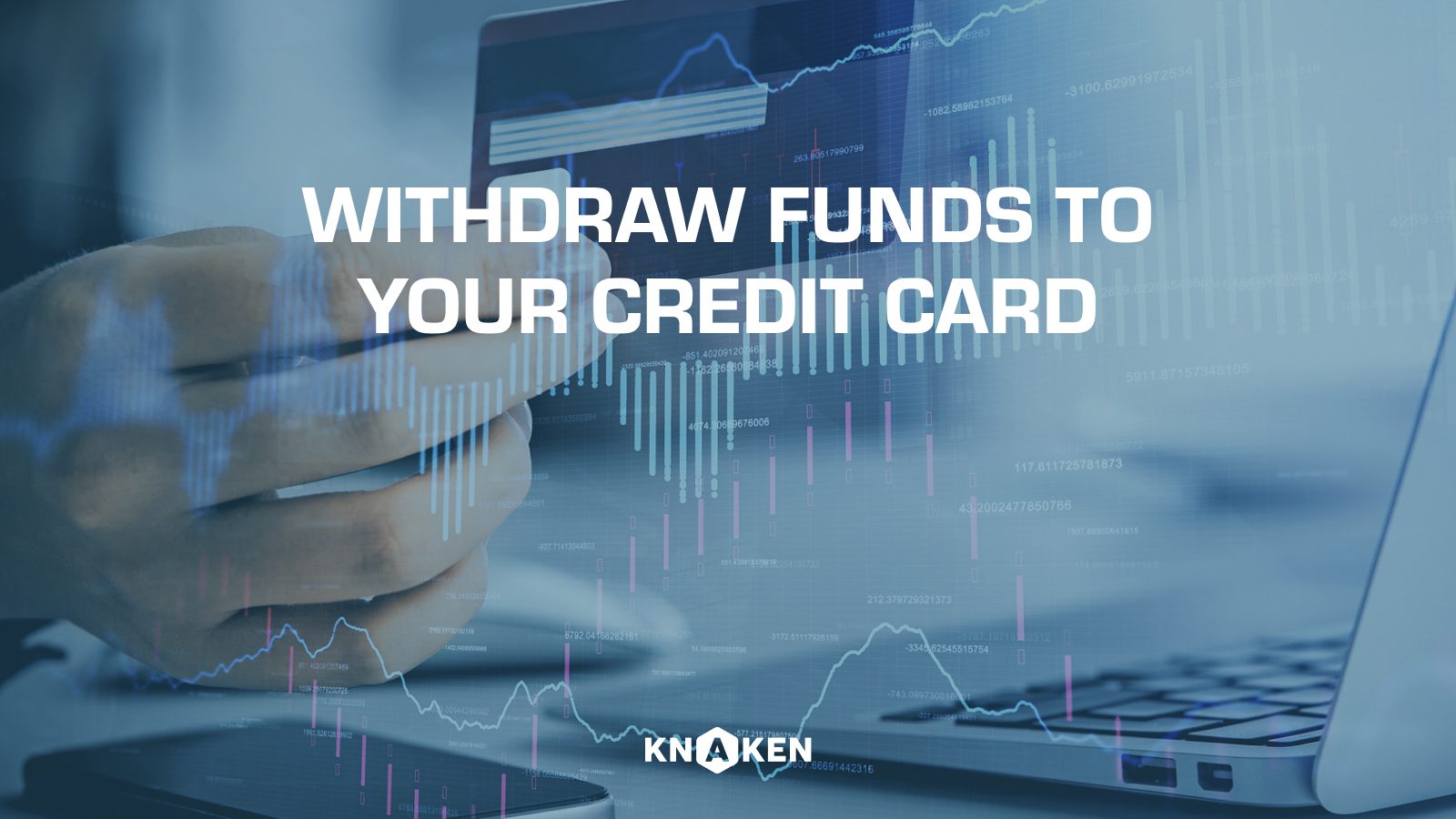Wallet Address in Cryptocurrency
Definition of a Wallet Address
A wallet address is a unique string of characters that serves as an identifier for a cryptocurrency wallet. It allows users to send and receive digital assets on various blockchain networks. Unlike a traditional bank account number, wallet addresses can be shared publicly without compromising the security of the owner’s funds.
Composition of a Wallet Address
A typical wallet address is composed of several elements:
- Character Length: Depending on the blockchain, wallet addresses can range from 26 to 42 characters long.
- Character Set: Wallet addresses may contain uppercase letters, lowercase letters, and numbers, often excluding ambiguous characters to reduce confusion.
- Prefix: Many wallet addresses begin with specific characters that indicate the type of cryptocurrency (e.g., Bitcoin addresses often start with ‘1’, ‘3’, or ‘bc1’).
Types of Wallet Addresses
There are various types of wallet addresses associated with different cryptocurrencies and wallet types:
- Bitcoin Wallet Addresses: Include Legacy (starting with ‘1’), Nested SegWit (starting with ‘3’), and Native SegWit (starting with ‘bc1’).
- Ethereum Wallet Addresses: Always start with ‘0x’ followed by 40 hexadecimal characters, totaling 42 characters.
- Multi-signature Wallet Addresses: Require multiple private keys to authorize a transaction, enhancing security.
- Change Addresses: New addresses generated for receiving change from a transaction, improving privacy.
How Wallet Addresses Function
Wallet addresses operate on the principles of public-key cryptography:
- Public Key: Generated from a private key, the public key is used to create a wallet address and can be shared with others.
- Private Key: A secure key that must be kept secret; it allows the owner to access and manage the funds associated with a wallet address.
- Transaction Process: When a transaction is initiated, the sender inputs the recipient’s wallet address and the amount to be transferred, which is then recorded on the blockchain.
Security Considerations
While wallet addresses are designed to be shared publicly, several security measures should be taken into consideration:
- Use of Unique Addresses: It is recommended to use a unique wallet address for every transaction to enhance privacy and reduce the risk of tracking.
- Beware of Phishing: Always verify the wallet address before sending funds. Scammers often use fake addresses to trick users.
- Backup Your Wallet: Keep a secure backup of your wallet credentials, including private keys, to prevent loss of access to your funds.
Best Practices for Managing Wallet Addresses
To ensure safety and efficiency when managing wallet addresses, consider the following best practices:
- Address Book: Use an address book feature in wallets to save trusted contacts and avoid mistakes.
- Transaction Verification: Always double-check the wallet address before making any transaction.
- Cold Storage: For long-term holdings, consider keeping wallet addresses off the internet to protect them from hacks.
Conclusion
A wallet address is a fundamental component of the cryptocurrency ecosystem, enabling users to send and receive digital currencies securely. Understanding its structure, types, and security measures is essential for anyone looking to engage in cryptocurrency transactions. By following the best practices outlined above, users can safeguard their assets and navigate the decentralized finance landscape with confidence.


















